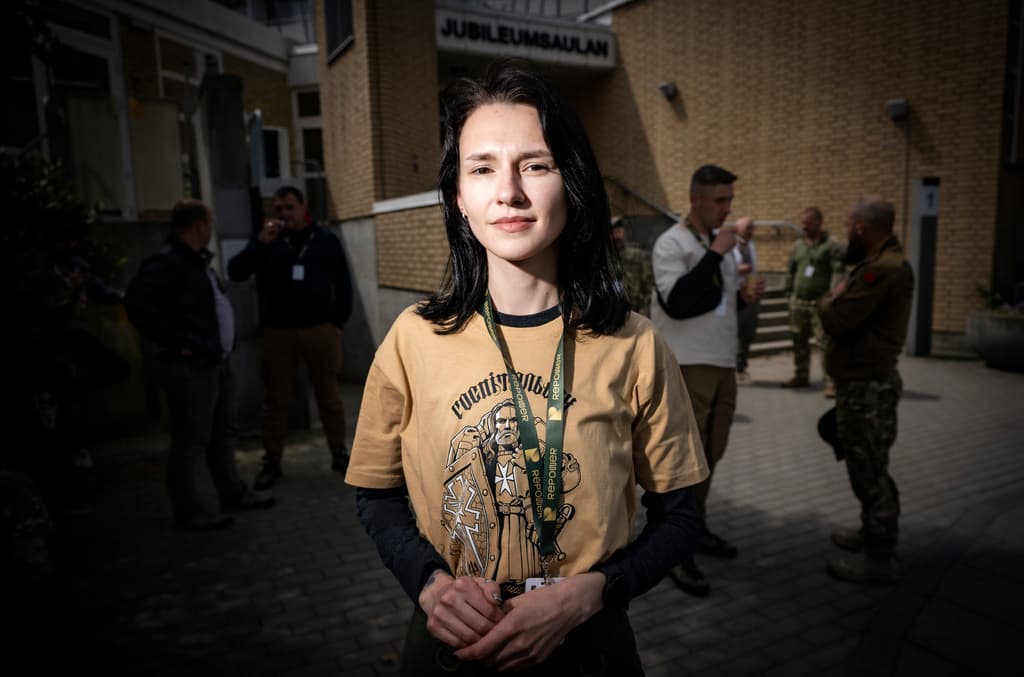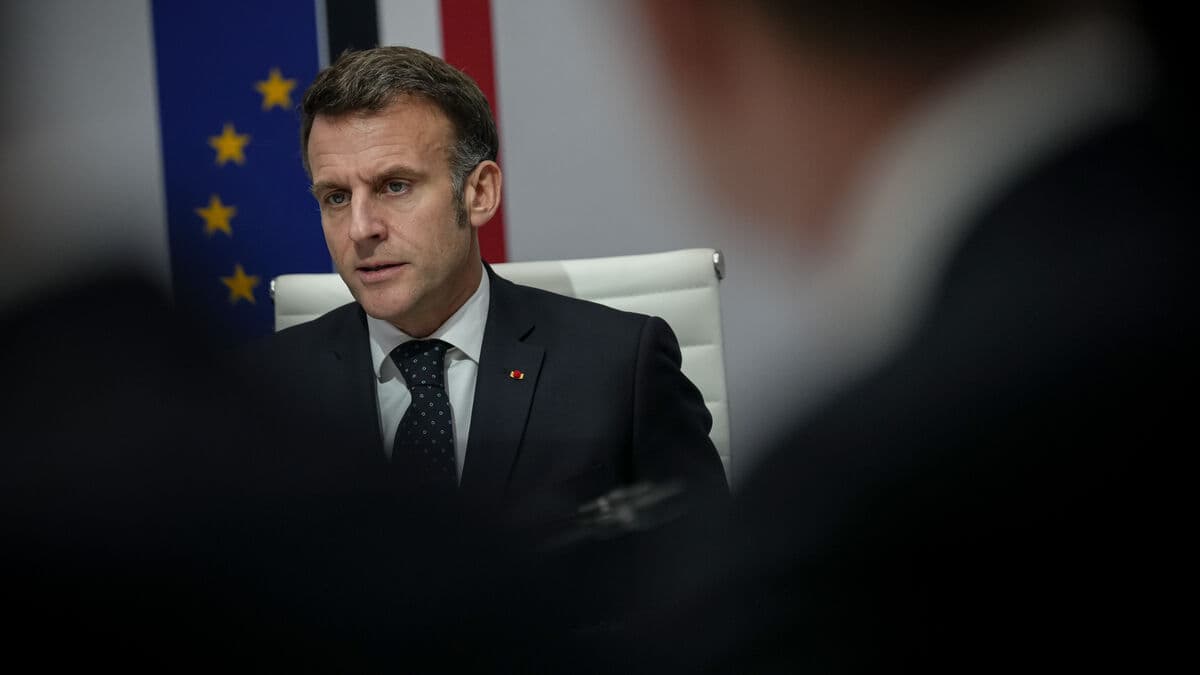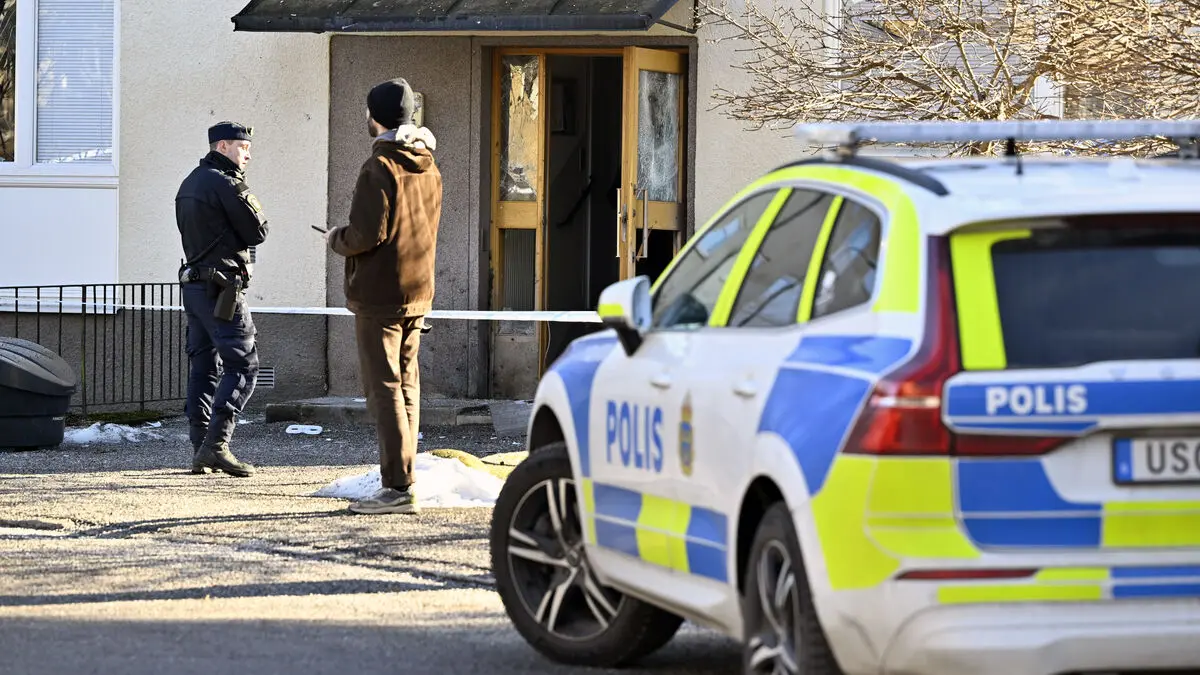Combat medics directly from the Ukrainian front line are in Sweden for a brief respite. How do they cope?
I look at the wounded and tell myself: It's not me who feels the pain. I must be strong, I must be like a stone.
Olena Herasymiuks job is to evacuate the wounded from the front line in Donetsk. For seven years, she has worked as a medic in a volunteer organisation and it has changed her fundamentally.
Medicine, it's so hard. It's blood, it's trauma.
Yevhen Horeev, a combat medic in the Cherson region, comes to the relaxation days in Skåne from an island in the Dnepr River, just four kilometres from the front line against Russia. There, he is the only medically trained person, responsible for 127 people.
The worst during the nine years he has worked in the military is to see soldiers die. His eyes well up when he talks about it.
You never forget it. Even if you know exactly what routines you must follow, it's very hard to accept that there are situations where you can't do anything.
"The hardest"
Those moments are hard to accept. It's the hardest.
The daily phone contact with his family, wife and two small children, helps him cope. It feels safe that they are in a safe place in central Ukraine and they are his driving force.
The approximately 100 combat medics from Ukraine get to unwind in Skåne for ten days. The days are filled with meditation, mental coaching, meetings with Swedish healthcare personnel, guided tours, and fun experiences.
This is the fifth time such a trip is organised to Sweden. Many of those who are here have a daily life where death and suffering are constantly present, says Lesia Melnychuk, communications officer for Repower Ukraine.
We take them from hell and place them in a perfect environment, full of love and respect.
"Need hope"
Combat medics share soldiers' experience of civilians not understanding the horrific situations they are in. They keep quiet to protect their loved ones, but the consequence is that they are misunderstood, says Lesia Melnychuk.
It's important to show them that there's another life. Many of them believe they will die soon. They need hope, they need to dream of a normal life.
For Swedish healthcare personnel, the visit provides a unique opportunity for new insights. War raises difficult ethical questions when the large number of wounded forces harsh priorities, notes Philipp Martin, trauma consultant at Skåne University Hospital.
I fear the day I'm faced with it.






